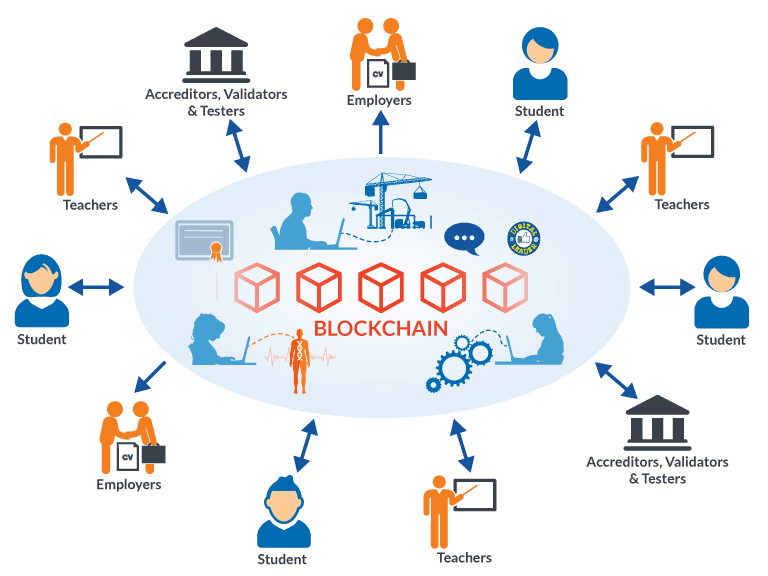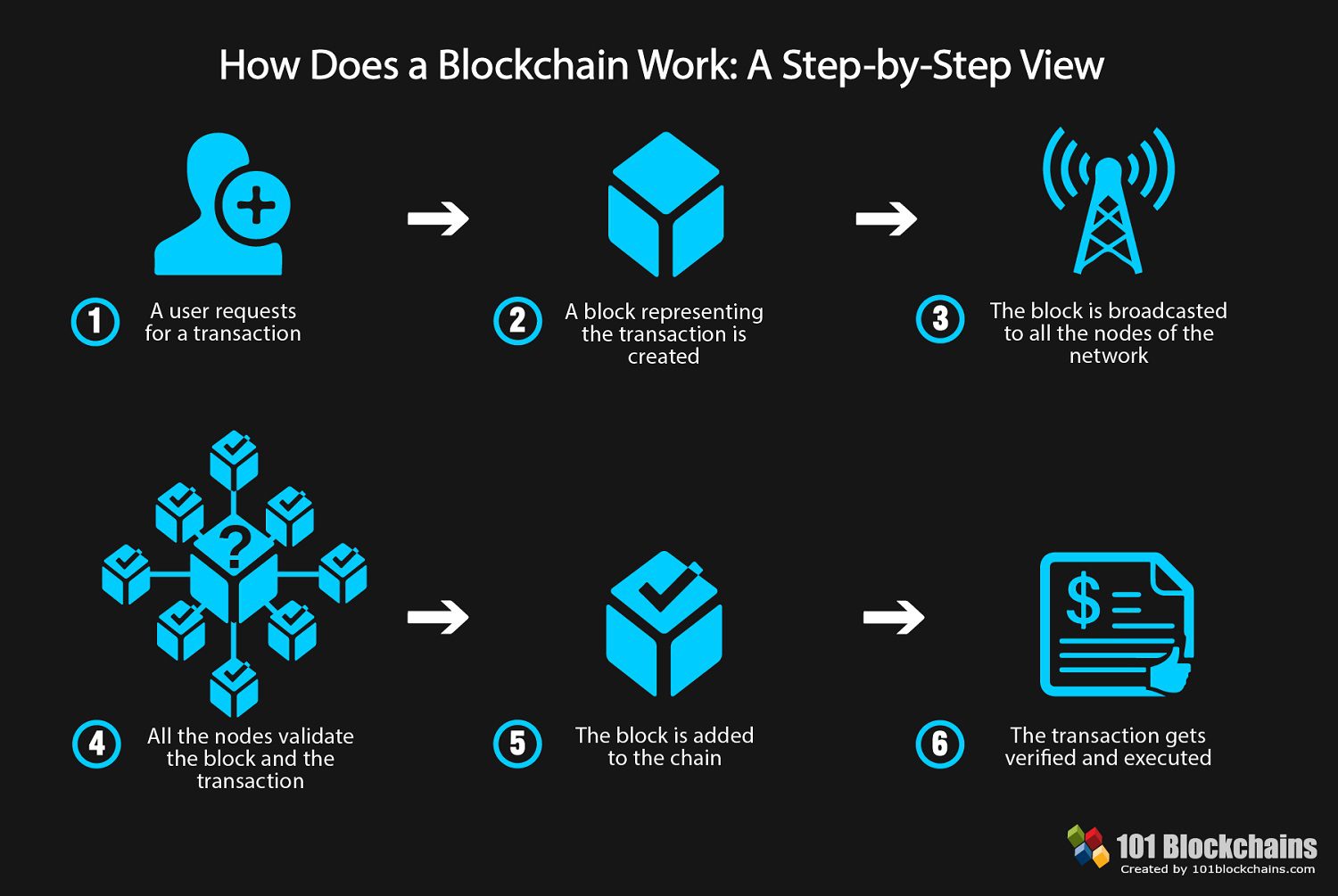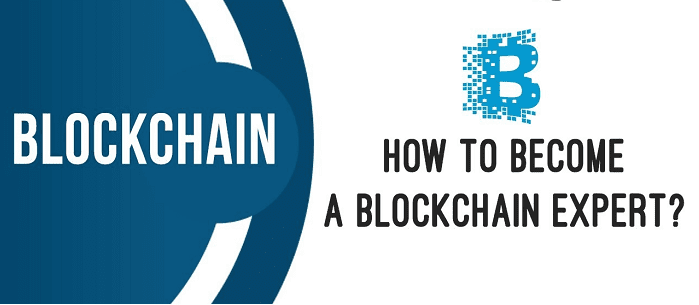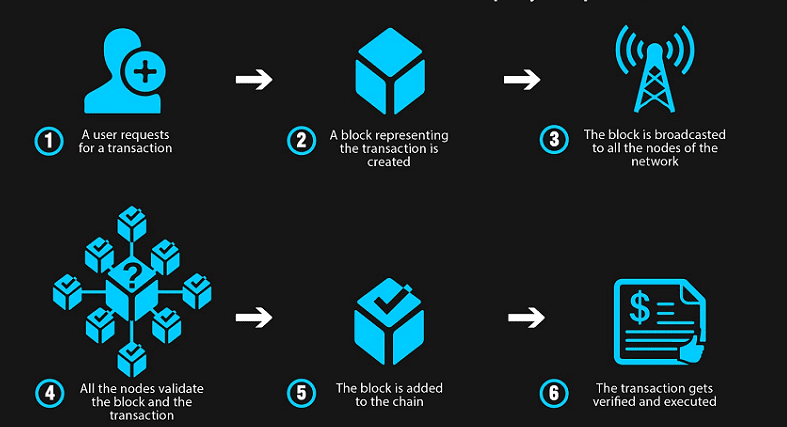How is The Ethereum Blockchain Different From The Bitcoin Blockchain?
You don’t need to attend a blockchain training or fintech course to have heard the names Ethereum and Bitcoin. These two names are very familiar to anyone who has been observing the blockchain and Fintech technology. Even though these two cryptocurrencies are based on the blockchain, there are few fundamental differences between them. This article will shed some lights on the specifics of each blockchain and show you what makes them different.
Bitcoin: The Uncensored Money
The Bitcoin was invented by Satoshi Nakamoto in 2009. The primary objective of Bitcoin was to provide a peer-to-peer electronic cash system which will replace the traditional banking system. As a part of making things simple, the bitcoin’s protocol or Bitcoin’s blockchain was made just well enough and perfect to store, handle and perform transactions. Basically, this Bitcoin blockchain is a worldwide shared ledger that ensures easy transfer of value in the form of bitcoins. It means, unlike the traditional money, you can skip the part of seeking permission from banks or governments for sending money to anywhere in the world.
There are thousands of bitcoin nodes on the bitcoin’s blockchain that are able to verify the legitimacy of each payment. They eliminate the need for any third party in transactions. In simpler words, this blockchain doesn’t care who is making the transaction. It doesn’t care even if you are human or machine.
Ethereum: Not Just Money
In Ethereum, the blockchain technology or the Fintech courses is utilized to create applications beyond just supporting a digital currency. Even though you can transfer value through it, Ethereum is not purely digital money. Ethereum can carry out transactions just as Bitcoin’s blockchain, but it is not limited to that. The primary difference between these two blockchains is Ethereum’s ability to store and execute newly coded programming logic. Using this facility, you can create smart contracts and DApps in Ethereum.
A smart contract is a computerized transaction protocol that takes place in terms of a predefined contract. In simpler terms, a smart contract executes “if-this-then-that” condition coded on to it. You can use Ethereum’s native programming language, Solidity to write smart contracts that are completely decentralized. You can eliminate the escrow services and intermediaries through this. Some of these intermediaries are Uber, freelancing platforms like Upwork, Airbnb, OYO, and eBay. Due to this facility, Etherum is also known as programmable money.
In other words, we can call Euthereum as a decentralized programmable blockchain-based software platform. To enable value transaction, a cryptocurrency named Ether is employed in this system.
Conclusion
So, now we understand that Ethereum is an advanced use of the blockchain. The bitcoin also uses blockchain technology but these two are never in competition with each other. In a general point of view, the purposes of these two blockchains are completely different. They can coexist and find solutions for many problems we are facing today. However, reports are suggesting that Bitcoin is developing other capabilities of Ethereum. When that finally happens, the comparison between them could be more competitive.








